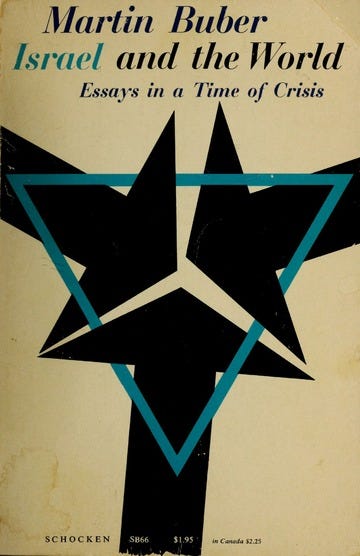Reading, Watching 02.25.24
The yoke of any angel
This is a regular feature for paid subscribers wherein I write a little about what I’ve recently been reading and/or watching. Hope you enjoy!
First off, I must remind you all that my book When The Clock Broke: Con Men, Conspiracists, and How America Cracked Up in the Early 1990s is available now for pre-order. I must also warn you that over the next several months such little advertisements for myself will become more and more regular occurrences in these posts. I apologize in advance for this base self-promotion, but I am very excited to share the book with everyone!
I also realized we haven’t done a mailbag post in a very long time! If you are a paid subscriber and want to ask me something, please either sound off in the comments or reply to this email. I try to give long and thoughtful responses to the questions, so if I don’t get to yours, it’s not that the question was bad necessarily, just that I didn’t feel I had anything worthwhile to say about it.
I pulled down Martin Buber’s Israel and the World: Essays in a Time of Crisis from my shelf. This is a book I bought a few years ago but had not really looked at since. If you’re unfamiliar, Martin Buber was a German-born Jewish existentialist philosopher. He was also a Zionist and left for Palestine in 1938. Before you wince, it’s important to keep in mind that that word had a lot more meanings than it does today. Buber was one of the main representatives of the tradition known as cultural Zionism. Cultural zionists were more interested in finding a homeland for the Jews where they could cultivate and revitalize their traditions in peace; this homeland did not necessarily need to be a sovereign Jewish state. Buber himself was a strong advocate of a binational state that would include both Jews and Arabs. Just to give a flavor of what Zionism could still look like in 1948—the founding year of Israel, when this book was first published—here is a passage from “The Spirit of Israel and the World Today,” an essay which I opened to nearly at random:
There is a Jewish tradition about seventy angels known as princes who are set in charge of the seventy nations of the world. Each of these princes supervises his own nation, acting as its spokesman before the throne of glory. When their respective nations are embattled, they too become involved against each other. The princes are the real victors and the real vanquished; and their wars, victories and defeats, their ascents and descents on the mighty ladder, are what historians characterize by the name of history. Each of them has a purpose and function of his own ; and so long as the prince does his part, so long as he accomplishes his purpose and fulfills his function, he is entrusted with power. But he is responsible to his Master, and is required to render an accounting to him. Therefore, when he becomes so intoxicated with power as to forget who he is and what his function is, arrogantly assuming himself to be the lord and master — then the hand of his Sovereign falls upon him: falling either in the form of lightning which flings him into the abyss of nothingness, or gradually as a steady rain, which carries him little by little down to the abyss of nothingness.


